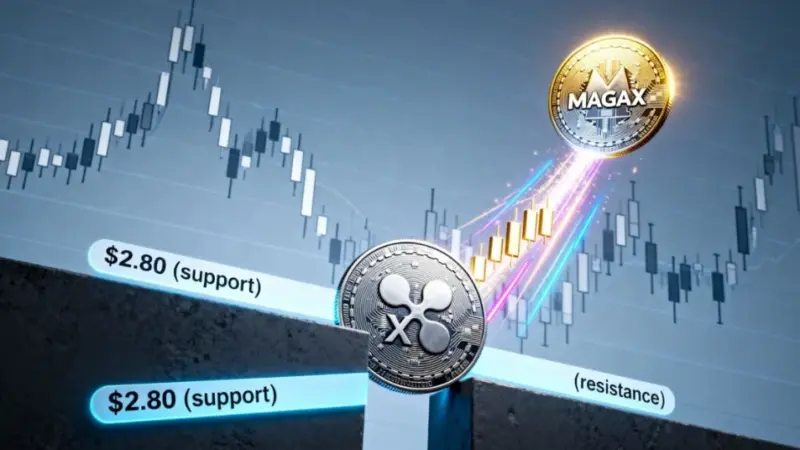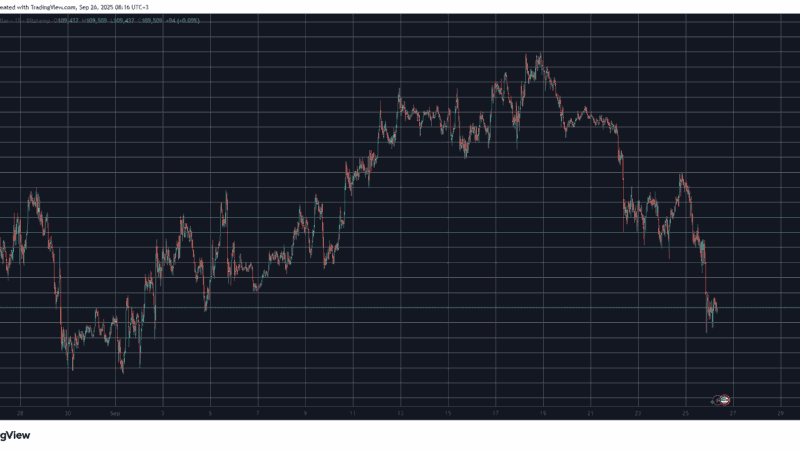Crypto staking ETF launch strategy prioritizes centralized partners over immediate DeFi adoption
Crypto exchange-traded fund (ETF) issuers are likely to partner with centralized staking providers following approval, but will eventually pivot to decentralized protocols as regulatory frameworks mature.
The Securities and Exchange Commission’s (SEC) Aug. 5 statement that liquid staking activities and staking receipt tokens do not constitute securities offerings removed the final regulatory hurdle for staking-enabled crypto ETFs.
As a result, VanEck and Jito filed for a Solana liquid staking ETF on Aug. 22, representing months of regulatory outreach that began with SEC meetings in February.
The partnership joins Canary Capital and Marinade among issuers partnering directly with liquid staking protocols, while Canary amended its Solana ETF filing in May to name Marinade Select as its staking provider. However, these two might be the exception.
Max Shannon, senior research associate at Bitwise, expects most issuers will start with centralized providers due to clearer compliance frameworks and legal accountability structures.
In a note, he said:
“DeFi partnerships are still possible, but probably through intermediaries that handle the regulatory layer while routing funds into protocols.”
However, Shannon anticipates a gradual shift toward hybrid or direct DeFi integrations as regulatory environments mature.
Sid Powell, CEO and co-founder at Maple Finance, echoed Shannon’s remarks. He predicted that ETF issuers would initially work with established custodians like Coinbase or Fidelity for operational simplicity, but he stressed that these custodians are building bridges into DeFi protocols.
Powell assessed via a note:
“The regulatory clarity creates a clear path that benefits the ecosystem across CeFi and DeFi: institutional capital flows to trusted custodians who then safely allocate into high-performing staking infrastructure.”
Misha Putiatin, co-founder of Symbiotic, views the distinction between centralized and decentralized as less critical than revenue diversification opportunities.
According to a note shared by Putiatin:
“The key is that each asset can now generate multiple revenue streams, and ETFs will diversify their offerings around these.”
He cited strong decentralized options that already compete effectively in compliance, traditional finance integration, and performance metrics.
Impacts for DeFi
Powell expects institutional validation to transform liquid staking protocols from experimental DeFi infrastructure into core financial architecture:
“ETF and DAT [digital asset treasuries] structures will channel billions through qualified custodians into liquid staking protocols, potentially increasing current AUM by orders of magnitude.”
Yet, Shannon warns that concentration risk could emerge if flows concentrate in one or two protocols, potentially attracting closer regulatory oversight.
Nevertheless, he expects even small ETF allocations could massively boost total value locked, strengthening liquidity and utility of liquid staking tokens.
Lastly, Putiatin believes that the interaction between ETF issuers and DeFi protocols could reshape yield structures. He noted that this movement opens the door to more active strategies that demand crypto native expertise far beyond traditional capital allocation.
Market players see the regulatory clarity positioning staking ETFs to capture institutional capital that has waited on regulatory sidelines while preserving compliance requirements through established custodial relationships.
The post Crypto staking ETF launch strategy prioritizes centralized partners over immediate DeFi adoption appeared first on CryptoSlate.



